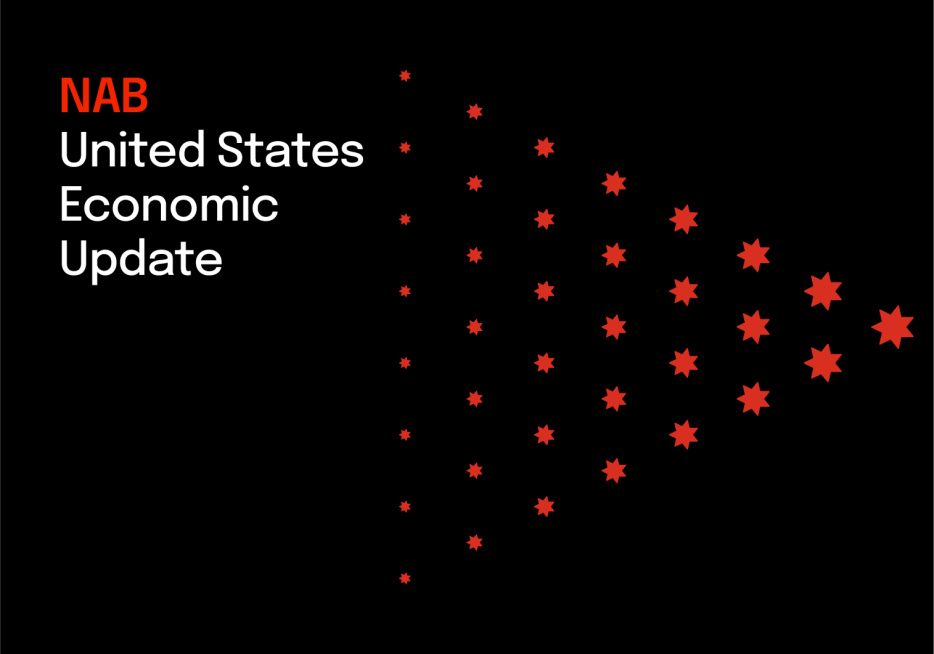US Fed – September cut but still see gradual easing


Insight
With just over a month to go until the Sep 18 FOMC meeting announcement, Fed speakers remain right under the spotlight. Last night we heard from two, Denis Lockhart, Atlanta Fed President and voter and Stanley Fischer, no 2 at the Fed each with their own perspective.

With just over a month to go until the Sep 18 FOMC meeting announcement, Fed speakers remain right under the spotlight. Last night we heard from two, Denis Lockhart, Atlanta Fed President and voter and Stanley Fischer, no 2 at the Fed each with their own perspective. No surprise that Lockhart followed up last week’s pro-September lift-off comments with more of the same. While he said there is no “foreordained date for lift-off” and that it would be dictated by incoming data, he said the point of rate lift-off is “close” and that he’s “very disposed” to September.
Meanwhile, interviewed on Bloomberg TV, Stanley Fischer, Vice-Chair of the Fed was more circumspect. He recognised that the economy has nearly reached full employment (the labour market is nearing its sweet spot), but that temporary factors are holding down inflation – low energy and commodity prices together with the strong dollar – and still a concern. They are near to full employment, but with very low inflation. The problem is not with the employment part in the (Fed’s) mandate, that’s doing fine, it’s with the inflation part, Fischer said.
And so stand the two comments next to each other and that’s pretty much how the market is pricing the odds of Sep lift-off, 50/50. For the Treasury market overnight, there was a modest front end rally after Fischer’s comments, only to give back some of those gains as Lockhart’s comments hit the wires.
The USD lost some traction through the course of the night, irrespective of the Fischer/Lockhart views, with oil currencies making up some ground as oil bounced at the start of the week, Brent crude up $1.63/bbl to $50.24, benefiting the likes of the CAD (+1.18%), the NOK (+0.77%) and the RUB (+2.27%). Euro (+0.80%) and sterling (+0.75%) also recovered some ground, with the AUD regaining a 74 handle after testing through the night down toward 0.7350.
Spot iron ore prices were down 0.67% yesterday to $56.40/t for cif Qingdao 62% fines, but Dalian futures rose 1.22% and Chinese steel rebar futures also rose, +0.88%. Base metals rose strongly, copper up 2.63% and nickel by 3.24%, adding some underlying support for the Aussie ahead of the NAB Survey today.
Overnight data was inconsequential: the US composite Labour Market Conditions Index showing further incremental improvement in July and the EC Sentix Investor Confidence Survey steady in August. Nothing to see there.
After NZ card spending first up this morning (8.45 am), for Australia there’s the weekly Consumer Confidence Survey (9.30), worth half a glance, then the NAB Business Survey for July at 11.30. Recall that for June, both Business Confidence and Conditions were higher, confidence to 10 from 8 and Conditions to 11 from 6. These were handy rises, putting both key metrics above their long term averages.
As well as the market’s understandable focus on Business Confidence, Conditions is a good real-time guide to the growth tempo of the economy, just as the measures of prices and costs and capacity utilisation give additional colour to the state of the business sector. Japanese machine tool orders for July are also due today.
Some renewed meatier data flow tonight with interest in the German/EC ZEW Investor Survey for August (it follows market sentiment closely as an investor survey), while in the US there is the NFIB Small Business Optimism index containing not only how small business is travelling but also the latest on small business compensation plans. As the enclosed graphic shows, US small business compensation plans for the next three months have been losing some momentum in recent months. Q2 productivity and related units costs data are due along with Canadian housing starts for July.
Oil and commodities higher: Eurostoxx 600 +0.7%, Dax +1.0%, CAC +0.8%, FTSE +0.3%. Dow +242 points to 17,615, +1.4%, S&P 500 +1.4%, Nasdaq +1.3%, VIX 12.23 -8.7%. Mumbai +4.9%, Nikkei 225 +1.2% and ASX 200 +0.6%; ASX SPI futures this morning +0.6%. US bond yields: 2s at 0.72% (0), 10s at 2.23% (+6). WTI oil at $44.79 (+2.1%), Brent at $50.21 (+3.3%), Malaysian Tapis (yesterday) $51.54 (-0.5%). Gold at $1103.80/oz (+0.9%). Base metals: LME copper +2.6%, nickel +3.2%, aluminium +1.9%. Iron ore $56.4/t -0.7% Chinese steel rebar futures +0.9%. Soft commodities spot futures: wheat +2.7%, sugar -0.8%, cotton +0.3%, coffee 4.5%. Euro Dec 14 CO2 emissions at €7.93/t (1.8%). The AUD/USD’s range overnight 0.7353-0.7423; indicative range today 0.7385-0.7445; the AUD/USD is 0.7414 now
EC Sentix Investor Confidence (Jun) 18.4 (L: 18.5; E: 20); US Labour Market Conditions Index change (Jul) +1.1 (L: +0.8, revised to +1.4)
For full analysis, download report:
For further FX, Interest rate and Commodities information visit nab.com.au/nabfinancialmarkets
© National Australia Bank Limited. ABN 12 004 044 937 AFSL and Australian Credit Licence 230686.